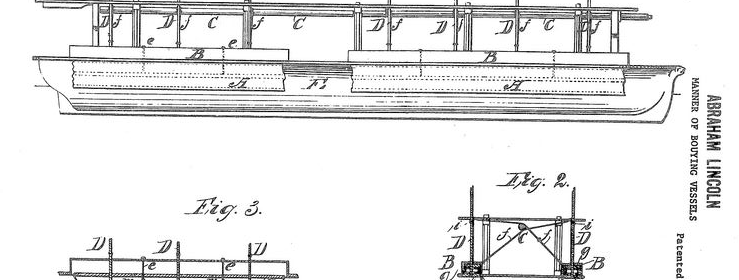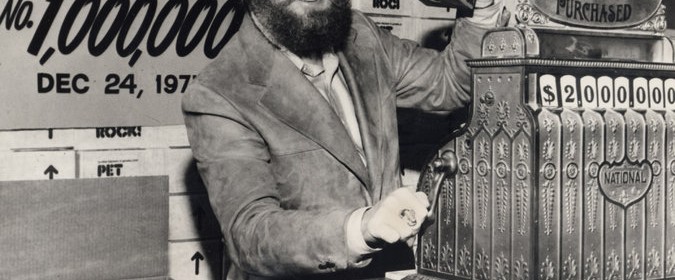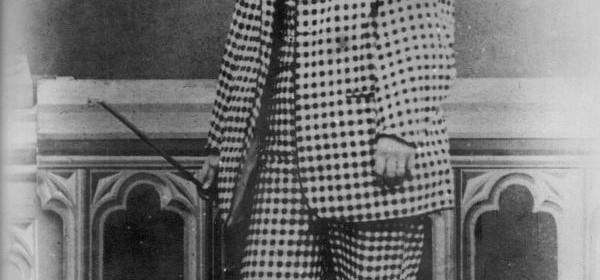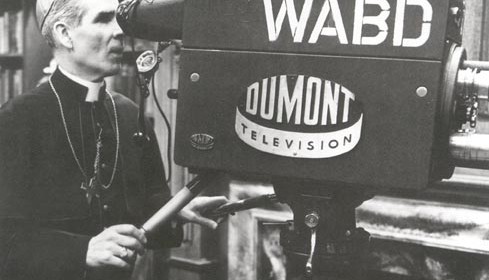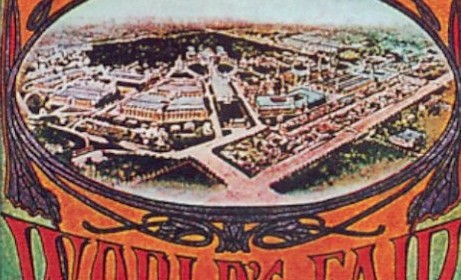The Not-So-Holy Order of the Friars of St. Francis of Wycombe

Established in West Wycombe by Sir Francis Dashwood in 1749, the Brotherhood of St. Francis of Wycombe was anything but saintly. Devoted to wicked fun and debauchery, for the next two decades, many notable individuals in England counted themselves members, such as the 4th Earl of Sandwich, John Montagu, Baron George Dodington, member of Parliament Thomas Potter, and, while not […]
Read more





